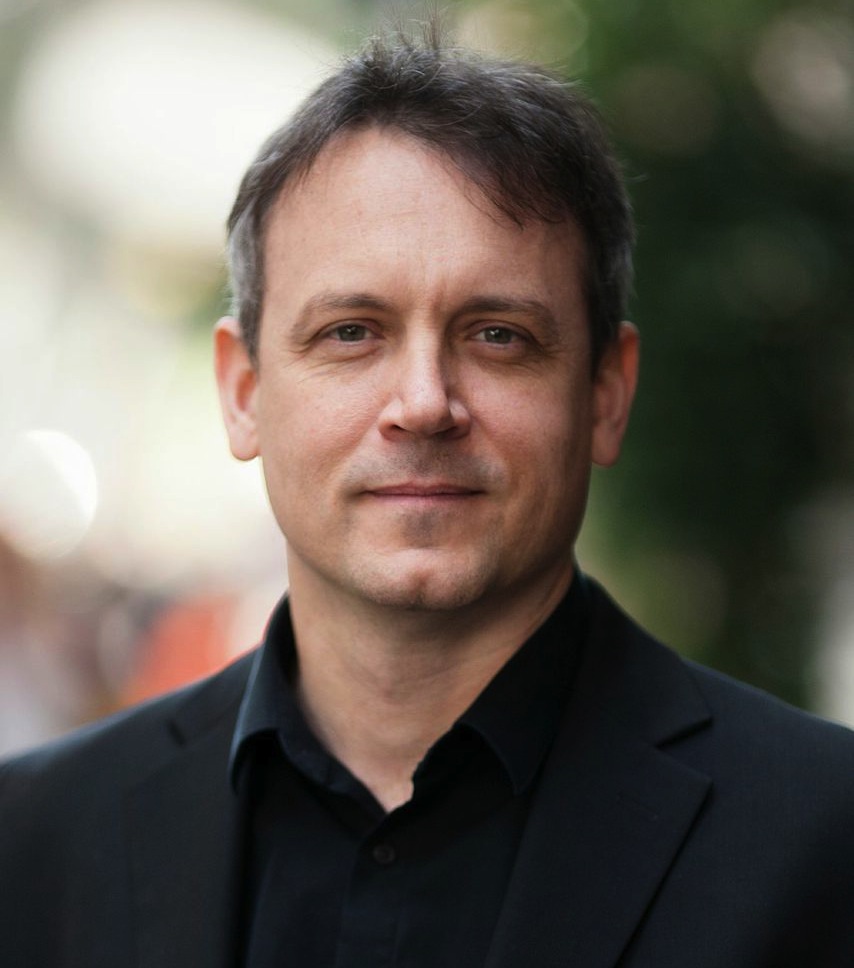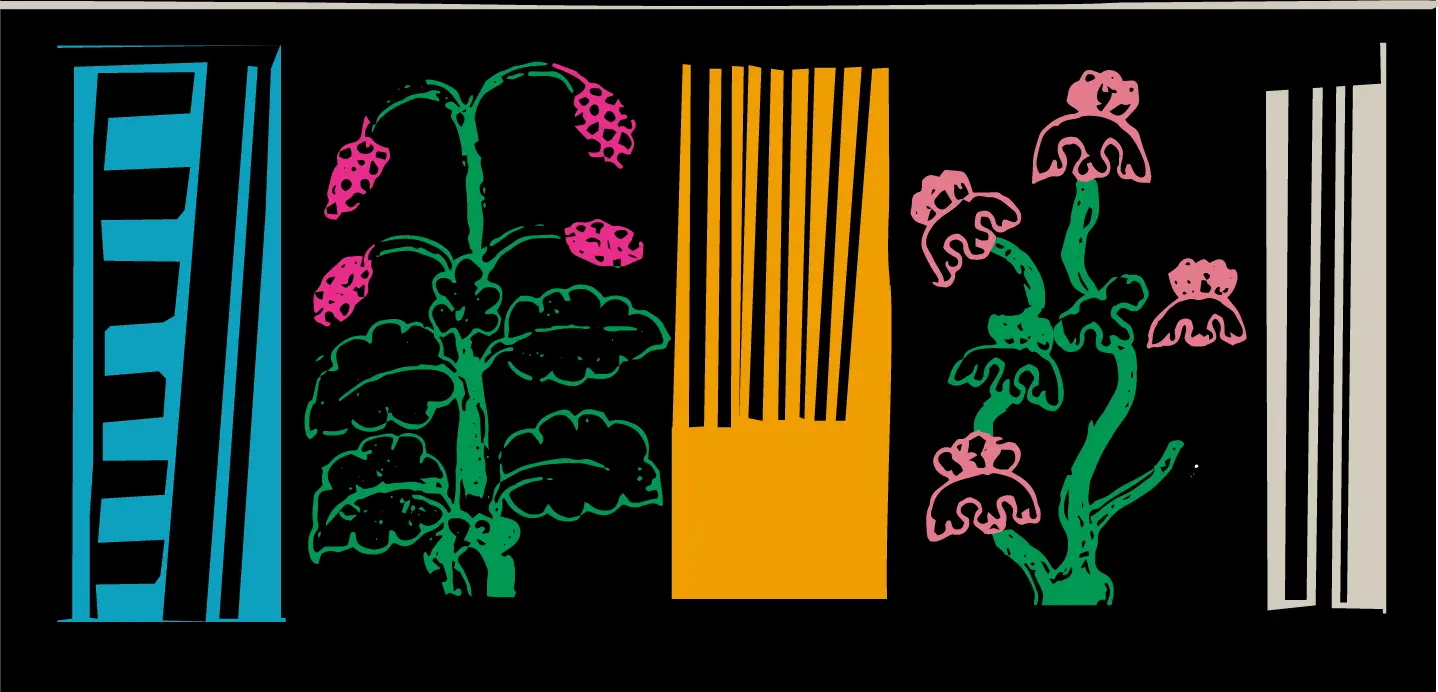Brian Knappenberger has made multiple award winning documentaries, including We Are Legion: The Story of the Hacktivists, Life After War, and A Murder in Kyiv. He has created numerous other documentaries for PBS FRONTLINE/World, National Geographic, Bloomberg News and the Discovery Channel.
His independent feature The Internet’s Own Boy: The Story of Aaron Swartz will have its Indian premiere at DIFF 2015.

Brian Knappenberger
What was it about Aaron’s story that inspired you to make this film?
My previous film We Are Legion followed hackers and activists, so I was following Aaron’s story right from when he was arrested. He was deeply engaged in many issues involving technology and our civil liberties in the digital age. I was also struck by how much his story resonated with people far beyond the communities in which he was a celebrity. There was a wave of anger and frustration after he died and I found his story a really compelling, personal way to explore some of what I think are the most important issues of our time.
Did you ever meet Aaron?
No, but I was certainly aware of him. I was a friend of Quinn Norton, Aaron’s ex-girlfriend, and I knew a lot of people who knew him. At the time, I was wondering why more people weren’t paying attention to his case and later learned it was because he actively tried to keep it quiet out of fear he would anger the prosecutor. That was tragic, because it increased his isolation.
Why is the topic of Internet activism important enough to you to devote years of your life to it?
I think that the hacking community is engaged in a relentless pursuit of the truth. They seem to have very low tolerance for nonsense or lies. They break these walls of deception. We need the truth, whether that’s the truth of the universe in the form of science, knowledge, and research—the kind of things that Aaron was after—or whether that’s the truth of our relationship with our government. I think that as a human race we are facing big intractable problems that we’ve never faced before, and the only way we solve those problems is to come armed with the truth unsullied by political power and unstained by corporate greed. It’s the only way we make lives better for people around the world. It’s the only way we deal with problems like climate change, and it’s the only way we ultimately figure out how best to govern ourselves.
Why did prosecutors with the Department of Justice pursue his case so aggressively — even after JSTOR dropped the charges?
The prosecutor told Aaron’s father that they wanted to make an example out of Aaron and that they needed a case for deterrence. It really makes you wonder what they were dettering. Are there a lot of people going around downloading articles from JSTOR? What kind of example were they trying to make? And I think the story becomes very dark when one starts to ask those questions. The prosecution clearly got so deep into the case that they couldn’t back out. It really shows a broken criminal justice system and what we lose when we are tone deaf about basic freedoms in the digital age.
How did Aaron’s quest for freedom of information shape the future of the Internet?
Aaron was shaping the Internet from a very young age. He contributed to RSS, the architecture of Creative Commons and was a cofounder of Reddit. His work shaped the Internet free culture movement while he was still a very young person, but ultimately his shift toward political activism took him beyond the world of programmers. That work is especially relevant today as we battle with state surveillance and net neutrality laws. He was way ahead of the game, and he understood that it was more than just coding.
[This interview was conducted by Luminant Media.]
Learn more about our programme, and register now to witness the best of Indian and international indie cinema!




